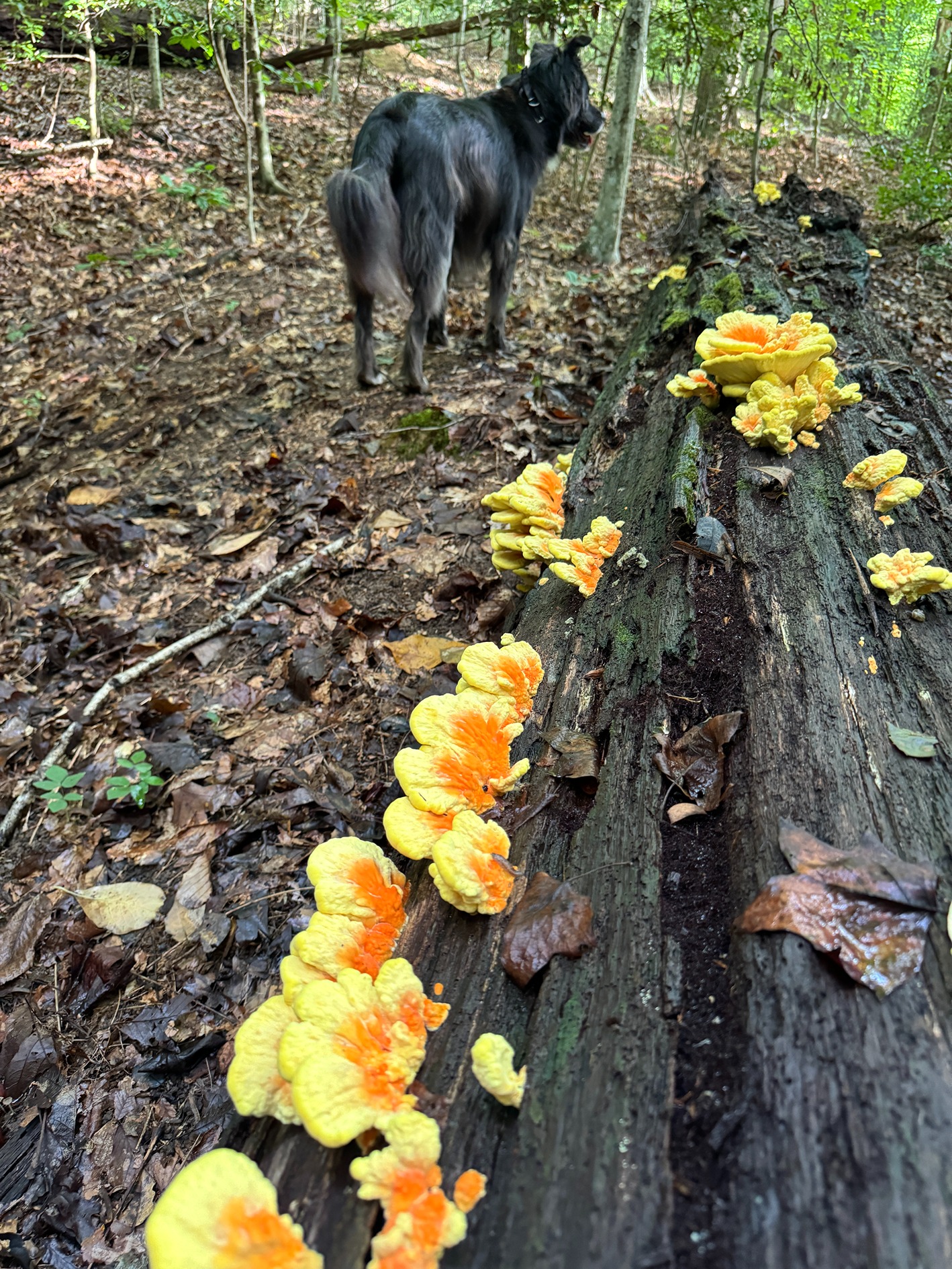
First, let’s start with what is an arborist? There are a few definitions out there from Tree Surgeon to the International Society of Arboriculture’s definition of “A professional who possesses the technical competence gained through experience and related training to provide for or supervise the management of trees and other woody plants in residential, commercial, and public landscapes”.
But the definition I remember hearing the most, although I can’t recall its source, and what has stuck in my mind over the years is “The art and science of caring for trees”. I strongly believe that what we do daily in the trees whether it is pruning or removal is an art.
When I first realized I wanted to learn more about trees I signed up for an arboriculture class at J Sargent Reynolds for fun. All the information was new to me because a lot of what I learned at VA Tech was about Forestry and Wildlife Management. While taking this course I learned about becoming a Certified Arborist and started to see myself working in some capacity in the field of arboriculture.
I found a job and quickly began learning all that I could about Arboriculture and trees. After a short while, I knew I had found my career path. I studied for the Arborist Certification Test and became a Certified Arborist. I assumed that my knowledge and passing the test were the highlights of my career. What I soon realized is that it was only the beginning and it was the spark that made me ask questions and look deeper into the trees I would climb or see every day.
In addition to obtaining your certification, there is a continuing education part that needs to be documented so you can keep your certification.
But what is very cool about this field is it is not all about trees. There are so many aspects of the environment I have learned over the past 24 years and much more that I still need to learn. I have learned about building construction, architecture, design, lawn care, insects, diseases, soil microbes, hydrology, mushrooms, and many other disciplines that affect and work with and sometimes against trees.
There are a multitude of other certifications an Arborist or a business involved in arboriculture may obtain, like Board Master Arborist, Certified Tree Worker, Municipal Specialist, Utility Arborist Specialist, Tree Risk Assessor Qualification, Certified Treecare Safety Professional, TCIA Accredited Company, etc.
Next time you see me or a Truetimber Arborist, ask them what they’ve learned lately, or better yet, tell them what you’ve learned!
Peter Girardi
ISA Certified Arborist # MA-0657AT
Check out this great video about life as an Arborist at Truetimber.


